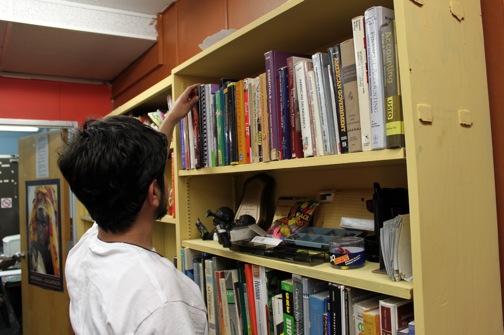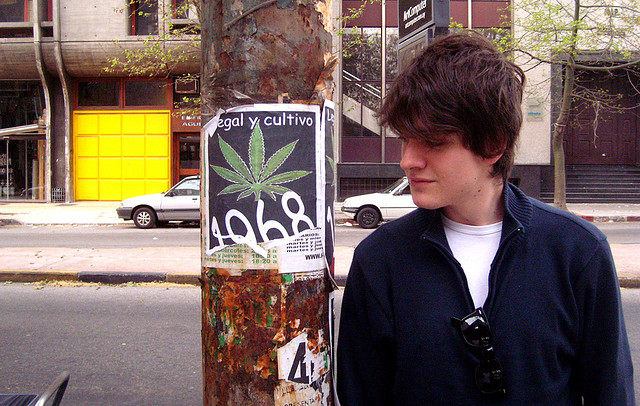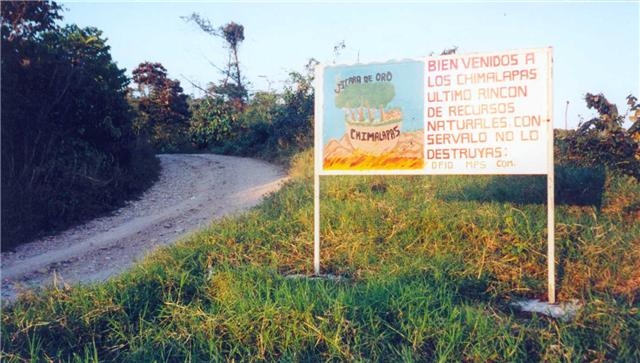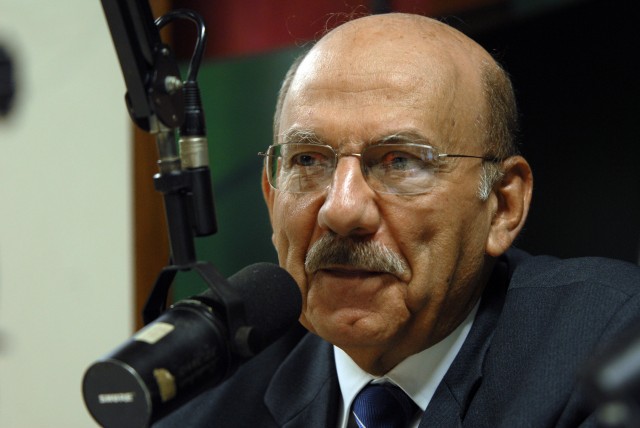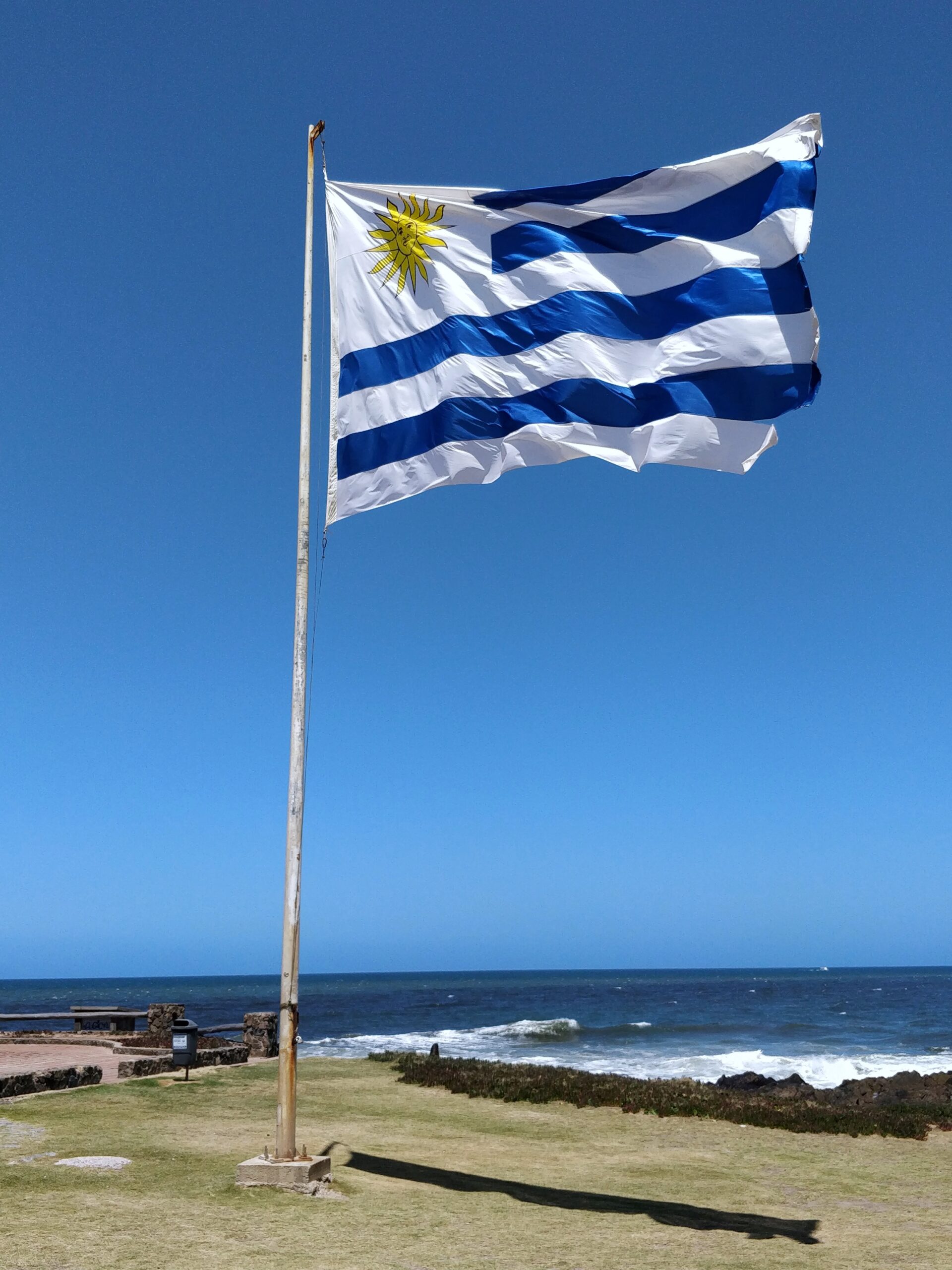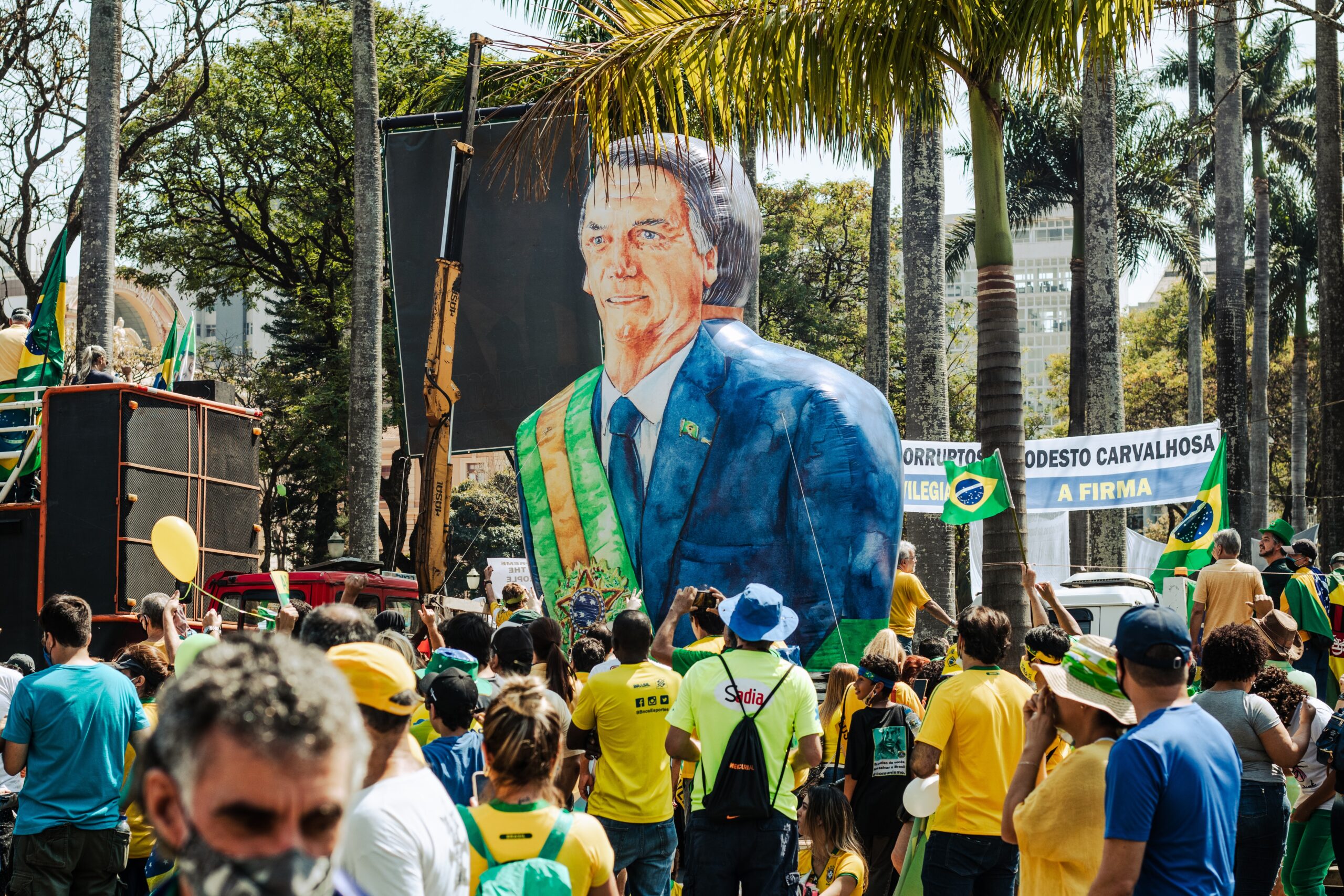
Brazil, Features, Southern Cone
Unifying Brazil will be Lula’s biggest challenge in office
January 18, 2023 By Euan Marshall
In the aftermath of Sunday’s violent riots in Brazil’s federal capital, which caused widespread damage to the seats of all three branches of power, prominent political figures were quick to blame the events on a “putschist minority” that exists in Brazilian society.
Senate President Rodrigo Pacheco defined the aforementioned minority as “anti-democratic,” “coup-mongering,” and “extremist,” promising that it would not succeed in imposing its will by way of “barbarism, force, and criminal acts.”
The government’s press secretary, Paulo Pimenta, used similar terms, blaming the attacks on a “putschist minority that does not accept the result of the [2022] election.”
Last year’s vote certainly provided evidence of an ideological divide in Brazil. The outgoing far-right president Jair Bolsonaro lost to the center-left Luiz Inácio Lula da Silva by less than two percentage points, after more than 100 million people turned out to vote for two candidates who, in many regards, are the polar opposites of each other.
However, while such anti-democratic views and violent tendencies are no doubt not shared by more than 50 percent of the Brazilian population — nor 100 percent of those who voted for Mr. Bolsonaro in October of last year — the question remains as to how large this putschist minority actually is.
On the evening of the Brasília riots and throughout the following day, pollster Atlas Intel collected responses from an opinion survey to measure the public’s reaction to the events that they had seen unfolding on their television screens.
Three-quarters of respondents disagreed with the attacks and largely blamed Brasília Governor Ibaneis Rocha and the local military police for things getting so out of hand, but a look beneath the headline figure gives cause for concern.
For 10.5 percent of respondents, Sunday’s riots were “completely justifiable,” while another 27.5 percent classified them as “justifiable in part.” Furthermore, 36.8 percent were in favor of a “military intervention to annul the result of the presidential election” — precisely the lead demand of the radical Bolsonaro supporters who stormed Congress, the Planalto Palace, and the Supreme Court.
It is worth recalling that, despite not being one of Brazil’s major pollsters, Atlas Intel was among the most accurate in forecasting the 2022 general election — particularly ahead of the first round of voting.
Another poll, by Datafolha, brings very different results, showing 93 percent of Brazilians repudiating the riots. But Datafolha’s methodology involves in-person interviews, which could have stopped many respondents from being candid.
Moreover, Atlas Intel CEO Andrei Roman tweeted that the wording of the question could also affect the results. Datafolha presents the question as: “Where do you stand in relation to the acts of vandalism in Brasília?” As the word “vandalism” already embeds a negative view of the acts, it may have skewed respondents, per Mr. Roman’s reasoning.
“It is generally a good idea to use neutral language when describing these sorts of events to avoid bias. Atlas used the expression ‘actions by pro-Bolsonaro demonstrators who occupied Congress, the Supreme Court, and the presidential palace,'” Mr. Roman said.
“If we were to ask about terrorism, vandalism, or property destruction, the results would obviously be different. Since the infiltrator thesis has become quite influential in the conservative camp, this approach would hide the level of real sympathy for the protesters,” he added in another tweet.
Forty percent don’t believe Lula won the election
The most eye-opening question from the Atlas Intel survey asks respondents if, in their opinion, Lula “actually won the election” in October of last year, adding that the de facto victory the pollster refers to would mean the current president receiving more votes than Mr. Bolsonaro.
An astonishing 39.7 percent of respondents said that no, they did not believe Lula won more votes than his far-right rival. A similar question from Atlas Intel brought up an almost identical answer in the aftermath of the 2022 election, showing that right-wing putschist sentiment has not subsided with Lula’s transition government and inauguration — nor was it immediately affected by Sunday’s riots in Brasília.
Economist Pedro Menezes, head of PollsterGraph, a poll aggregator linked to Atlas Intel, believes that the findings show “just how close Brazil came to seeing its democracy die.”
Mr. Menezes cites the commonly held political science definition of democracy as a regime where the alternation of power is possible by way of free and fair elections, and in which the ruling government accepts the result of the ballot box in the case of a defeat. “What we see from this survey is that the overwhelming majority of Mr. Bolsonaro’s voters — and former President Bolsonaro himself — did not accept the result of the election,” he says.
“If it were up to them, President Lula wouldn’t have been sworn in, Bolsonaro would still be in power, and Brazilian democracy would have died.”
In Lula’s inauguration speech on January 1, he spoke of the need to govern for all, rubbishing the idea that there are “two Brazils.” But conciliation is a tall order, particularly considering the worrying levels of skepticism and disregard for Brazilian democracy, laid bare by the Brasília riots and this week’s Atlas Intel survey.
For Mr. Menezes, the only way trust in Brazil’s democracy can be effectively re-established is if Mr. Bolsonaro exits the political sphere altogether. “I don’t think he’s going to change. His intentions in politics are very clear. Either he leaves politics, or trust in the system will not be reinstated.”
The military coup paradox in Brazil
One seemingly odd finding from the survey concerns respondents’ support for authoritarian solutions to what they see as Brazil’s existing problems. While the aforementioned 36.8 percent of respondents were in favor of a military intervention to overturn the 2022 election result, just 9.5 percent said they would support a military dictatorship in the country.
While perhaps sounding contradictory, the figures speak to the far-right conviction that illegally overthrowing Lula would be done in the name of restoring democracy, and not violating it.
“In the post-war period, we don’t see many people openly defending dictatorships. Indeed, most examples of modern dictatorship call themselves democratic,” says Mr. Menezes.
He adds: “When Brazil had its military coup in 1964, a large part of the people who supported it said they wouldn’t want a dictatorship, and that they expected elections to take place in 1965.”
This content is part of the Brazil 100 project, a partnership between The Brazilian Report and the Wilson Center’s Brazil Institute.
This story was republished with permission from The Brazilian Report. To read it click here. Use the coupon code below to access one month free.

About Euan Marshall
Originally from Scotland, Euan Marshall traded Glasgow for São Paulo in 2011. Specializing in Brazilian soccer, politics, and the connection between the two, he authored a comprehensive history of Brazilian soccer entitled “A to Zico: An Alphabet of Brazilian Football.”
